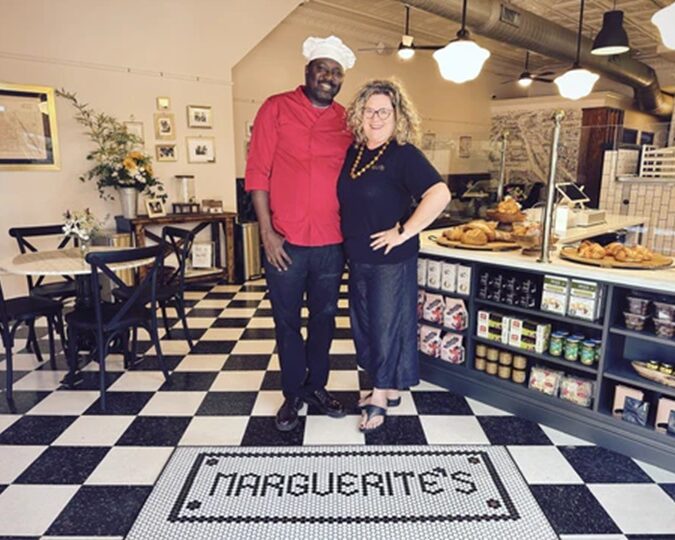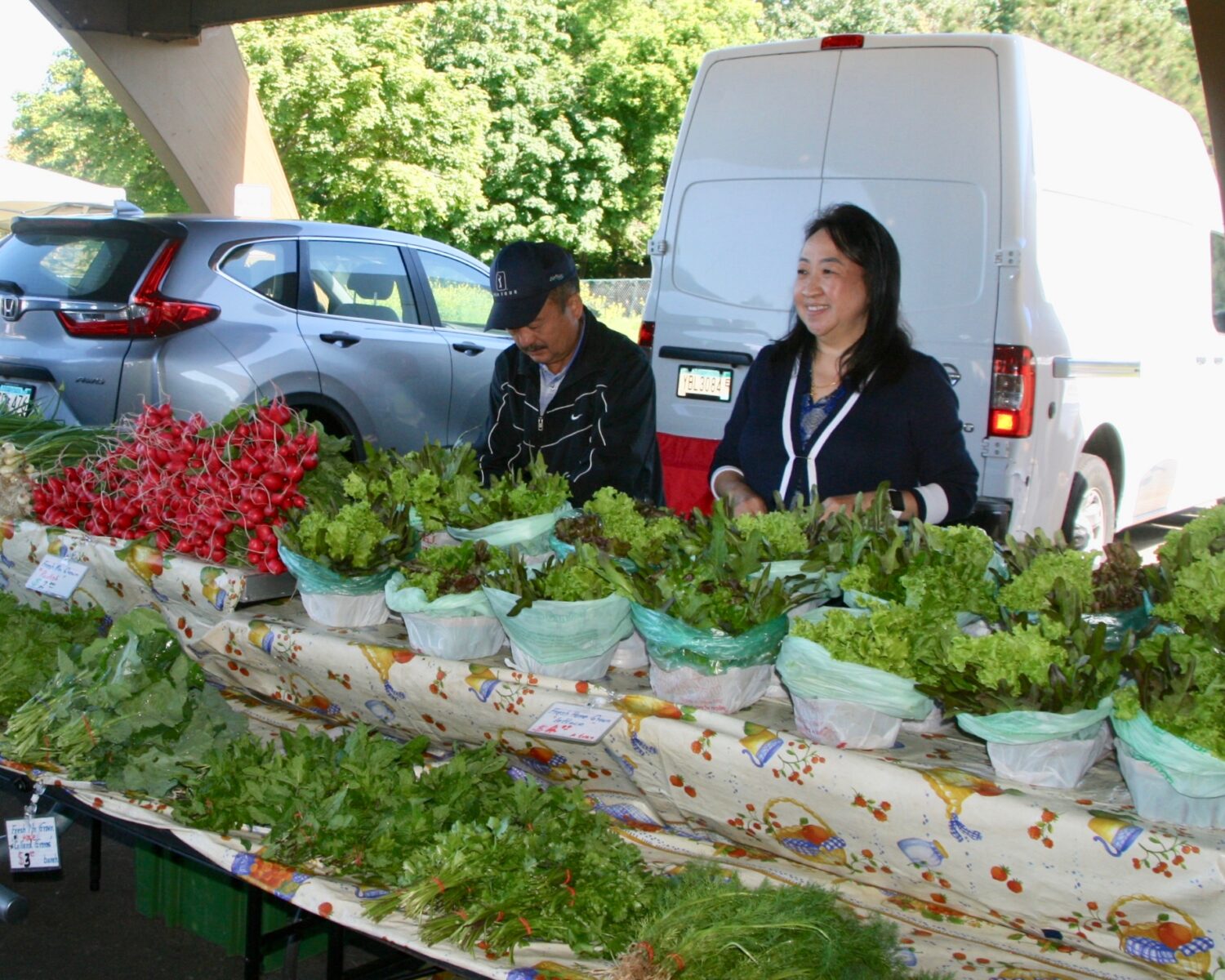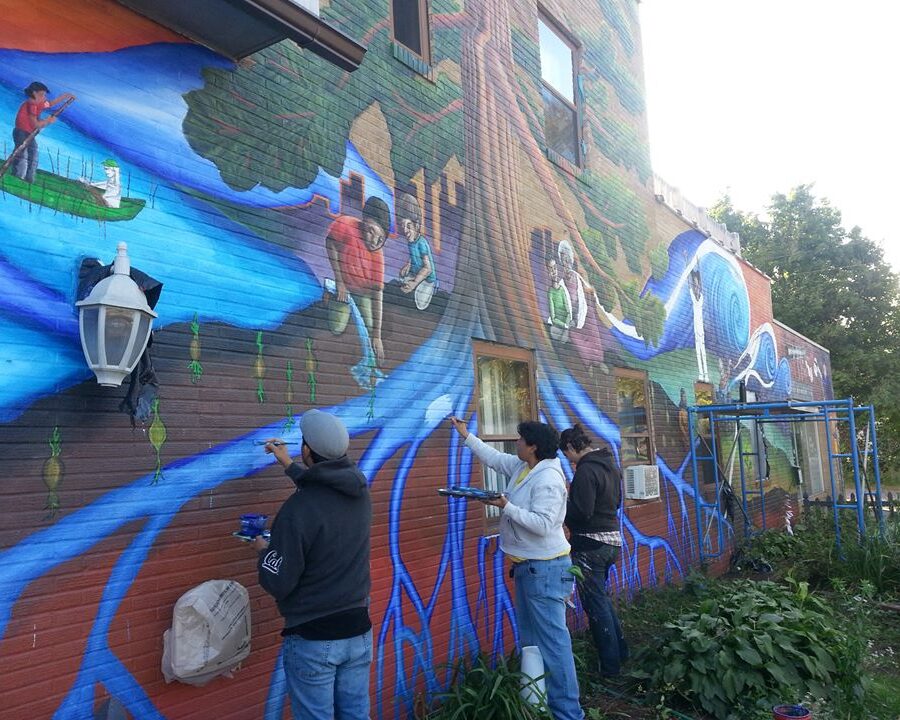
Basin, a friendly fellow at Happy Tails Rescue in Fridley
BY DEBRA KEEFER RAMAGE
When I look at the Animal Humane Society website, I am amazed by the many previous societal ills addressed by their programs. Obviously, animal welfare is not perfect, or there would be no need for humane societies, but 20 to 40 years ago most of these things were simply not considered problems. When I was volunteering for a domestic abuse hotline in the late 1980s, it was known that if someone left an abuser, there was a good chance the abuser would kill the family pet as revenge. There was no alternative, nothing we could offer the victim besides feeble advice to find somewhere to hide their pet.
Here is a list of some of the things we now have to improve the lives of animals, even wild or feral animals. In some cases, these are new ideas to enrich the bond between pets and their owners, followed by how to access them.
• Financial help for pet owners who lack resources for food, veterinary care, and other needs.
• Alternatives to pet surrender due to homelessness, military deployment, domestic violence, etc.
• Pets with behavior problems, or owners who don’t understand their pets’ behavior.
• Better options if pets are surrendered, abandoned or lost.

Dogs on Deployment
• Help with understanding the special needs of exotic pets.
• New ways to learn about animals or how to interact with animals, including your own pets.
• What you can do if you find an orphaned or injured wild animal.
• A new, more humane approach to help feral cats.
Financial help for pet owners
This is an area where much progress has been made. There are now pet food shelves, and many human food shelves include pet food. For instance, People and Pets Together, here in the Twin Cities, was a pioneer in this model. Many animal charities offer free or reduced-cost veterinary care. One such program is hosted at Hennepin Avenue Methodist Church, with services provided by volunteers from the U of M Veterinary School.

Pets for the Elderly provides financial assistance for seniors to adopt pets.
Alternatives to pet surrender
The whole concept of fostering pets has been transformational, as this can be used to prevent someone having to be permanently separated from their pet. Dogs on Deployment is a service that fosters pets while their owners are on military service. Seniors or disabled people who need to spend time in the hospital can be linked up with foster care for their pets through groups like Senior LinkAge Line or disability advocacy groups.
In cases of domestic violence (DV), there is now a foster care service to protect pets while their owners execute a plan to get away from a violent situation. An online resource for DV called Day One (operated by the hotline I used to volunteer for) refers clients to MNAFAS, which runs the foster service. See tinyurl.com/DKRatSSP-PetSafe for more details. In cases of homelessness, many resources for the unhoused have partnered with animal foster care to help keep pets until they can be reunited with their families. And there is at least one shelter that accepts pets. Avivo Village, in the four years it has been in operation and served over 400 humans, has also hosted 28 pets – 18 dogs and 10 cats.

People & Pets Together
Pets with ‘behavior problems’
The Animal Humane Society (AHS) points out that often pet behaviors are due to owner misunderstanding. Besides offering classes for both humans and animals and a pet behavior helpline, AHS hosts an amazing online library on pet behavior. Access it at tinyurl.com/DKRatSSP-AHS-Behave.
Better options
The AHS uses a foster program to reduce euthanizing stray, surrendered, or lost animals to nearly zero. And there are now many more options with the rise of scores of animal rescue organizations in every locality. Even the Minneapolis pound is no longer an automatic death sentence for pets, but is also approaching no-kill status.
Exotic pets
The AHS is not just for dogs and cats these days. Birds and small mammals also find sanctuary either there or at a specialist rescue service. And the accessibility of information on keeping such pets is readily available.

Birthday party at the Animal Humane Society
New ways to interact with animals
Your animal-loving child can celebrate their birthday at the AHS and benefit their programs at the same time. Birthday parties offer a new way for animal shelters to raise money, and party guests can learn things and get to play with adoptable animals. Happy Tails in Fridley is another place that is doing this. The AHS also offers cool programs like Paint Your Pet and Future Vet Workshops.
Orphaned and injured wild animals
While the AHS does not have the facility to care for wild animals, they still get calls about them. So they have partnered with Wildlife Rehabilitation of Minnesota to save animals’ lives.
Community cats?
The AHS doesn’t call them feral any more. But they will spay, neuter and immunize “community cats” and return them to their home territory with as little disruption as possible. This is, to me, one of the most heartwarming in the new developments of our treatment of animals.
























